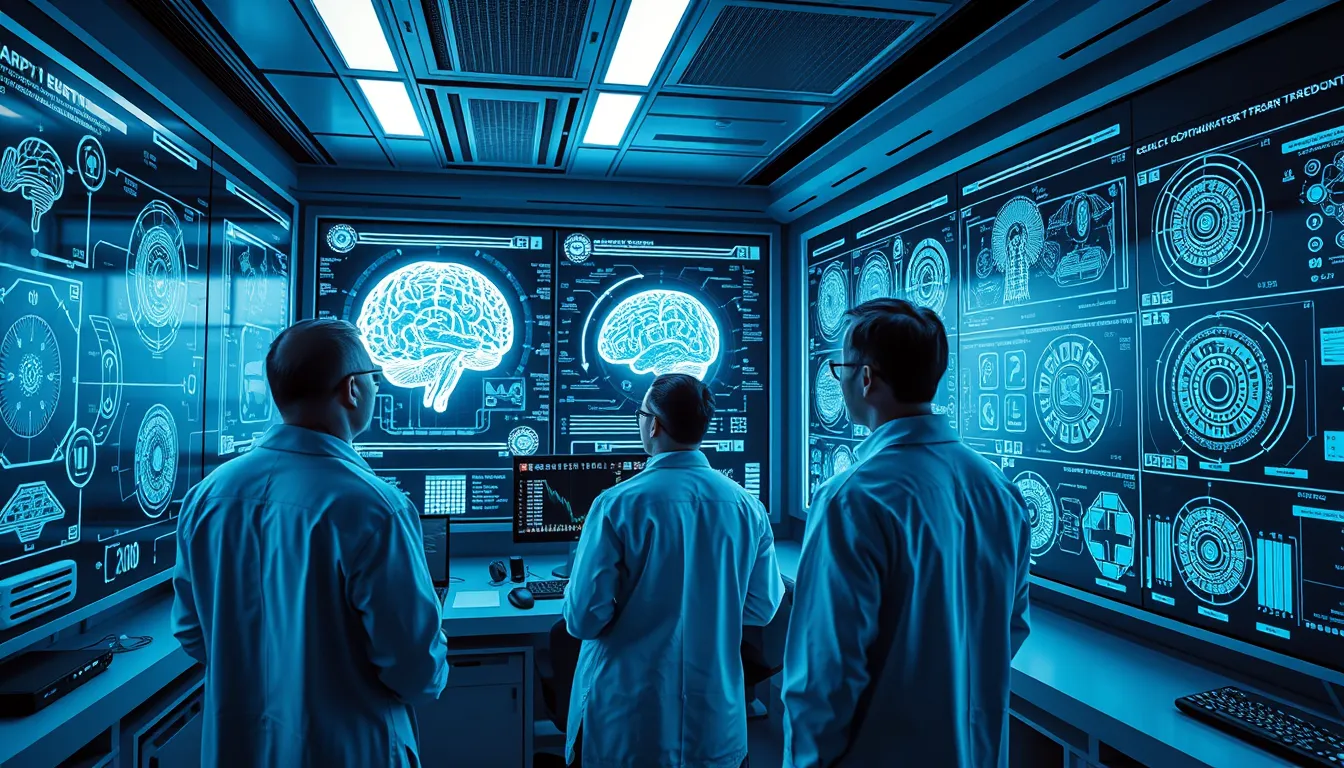Now Reading: Groundbreaking Anthropic Settlement Reshapes AI Training
-
01
Groundbreaking Anthropic Settlement Reshapes AI Training
Groundbreaking Anthropic Settlement Reshapes AI Training

Groundbreaking Anthropic Settlement Reshapes AI Training
In a move that is setting new standards in the tech industry, the Anthropic settlement marks a historic turning point in how artificial intelligence companies approach copyright and intellectual property issues. This landmark decision not only paves the way for fair compensation of content creators but also raises crucial questions about AI training practices in the digital age.
Overview of the Anthropic Settlement
Anthropic, a leading player in the AI field, has reached a settlement worth at least $1.5 billion. This settlement comes after allegations that the company used copyrighted works for training its AI models without securing proper authorization. The case quickly evolved into one of the most high-profile legal battles in digital copyright history. The settlement emphasizes accountability in AI development and sets a new precedent for handling digital copyright in an era where data is a prime commodity.
Key Elements of the Settlement:
- Recognition of the value of creative content
- A shift toward transparent AI training practices
- Significant financial compensation for content creators
Implications for Copyright and Digital Rights
The agreement represents a significant shift in the industry, with ramifications for digital copyright and AI intellectual property. By prioritizing content creator compensation, the settlement highlights the need for technology companies to reexamine their strategies when it comes to handling copyrighted materials. This decision addresses several pressing issues:
- Copyright infringement settlement: The settlement serves as a reminder that companies must respect intellectual property rights.
- Digital copyright enforcement: It brings forward the importance of stringent regulatory measures to protect creative works.
- Content creator compensation: Recognizing the artistic and economic value of original content, it sets an important standard for fair compensation.
These factors underline the complex relationship between innovation and regulation. As the digital landscape evolves, establishing a balance between technological advancement and the rights of creators becomes ever more critical.
How Anthropic Settlement Changes AI Training
One of the long-tail keywords driving recent discussions is “how Anthropic settlement changes AI training.” This aspect of the settlement has significant implications for the future of AI development. The ruling not only challenges the current dynamics of AI training practices but also prompts a re-evaluation of how technology companies use and process data.
Impact on AI Training Practices:
- Regulatory Measures: The settlement is likely to inspire new policies that enforce stricter guidelines on the use of copyrighted materials for training AI. Regulators across different regions are now pushing for frameworks that ensure both innovation and legal compliance.
- Technological Advancements: With clear standards in place, companies can focus on refining their algorithms in a manner that respects intellectual property. This trend may lead to more ethically-driven AI projects in the near future.
- Future Impact of Copyright Settlements on AI: The Anthropic case stands as a bellwether for future disputes in the tech industry. As more companies adopt transparent practices, we may witness further settlements that redefine digital copyright norms.
Broader Industry Reactions and Next Steps
The reaction from industry experts and content creators alike has been overwhelmingly positive. Many view the Anthropic settlement as a turning point that underscores the significance of balancing rapid technological innovation with legal and ethical considerations.
Some anticipated changes include:
- Increased monitoring of AI training practices by regulatory bodies.
- More structured negotiations between AI companies and creative industries.
- Enhanced protection of digital copyright through collaborative frameworks.
For further insights on AI copyright and intellectual property, readers can refer to official resources such as the U.S. Copyright Office and leading tech news platforms like TechCrunch.
The Future of AI and Copyright Law
As both technology and legal frameworks continue to evolve, the Anthropic settlement is poised to influence future AI training practices significantly. Innovators and regulators will need to work hand in hand to ensure that the benefits of AI are not achieved at the expense of creative rights and fair compensation.
Moving forward, companies will be expected to adopt more transparent training methodologies and engage in open dialogue with content creators. This new model of accountability could serve as a blueprint for future legal frameworks in the AI industry, ensuring that while the technology advances, the rights of the original creators are never sidelined.
In summary, the Anthropic settlement is more than just a legal agreement—it is a transformative moment that challenges the status quo of digital copyright and AI training practices. With clear implications for the future, it pushes both technology companies and regulators to rethink how they approach innovation in a fair, ethical, and legally compliant manner.
Conclusion
The groundbreaking nature of the Anthropic settlement cannot be overstated. For content creators, it is an affirmation of their rights and the value of their contributions. For AI developers, it is a call to action to reimagine AI training practices with a fresh perspective on transparency and legal responsibility. As the industry adapts, the balance between fostering technological innovation and safeguarding intellectual property will remain a critical challenge. With initiatives like this, the future of AI training looks poised to benefit from more equitable and structured practices that respect both creativity and technology.
Ultimately, the Anthropic settlement serves as a roadmap for future regulatory measures in AI training practices, ensuring that all stakeholders—creators, companies, and regulators—can work together towards a more innovative and just digital future.

























